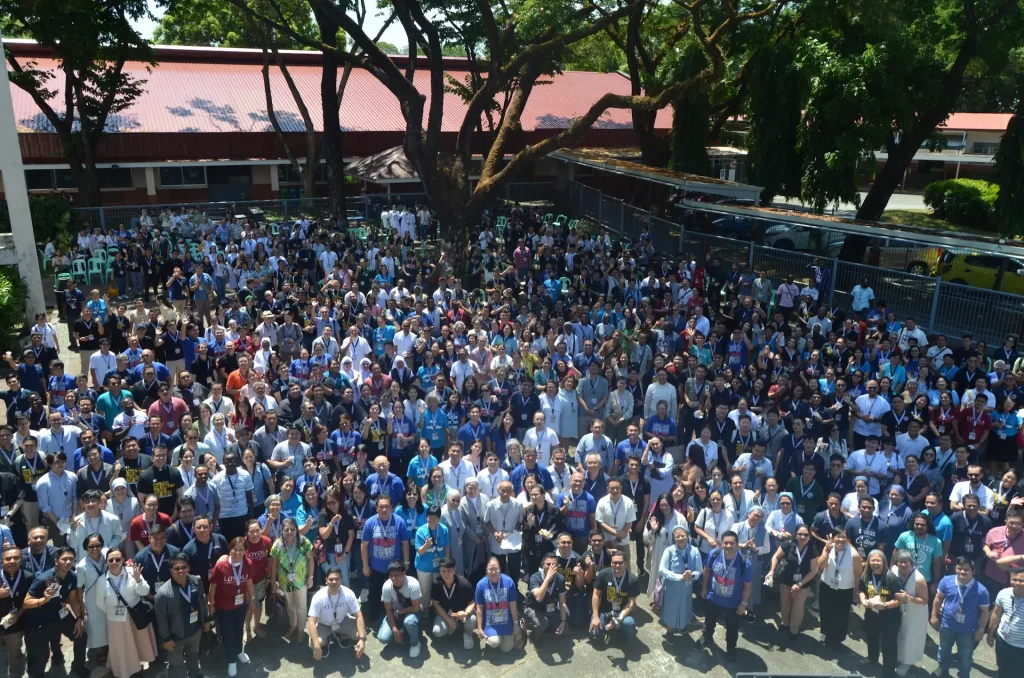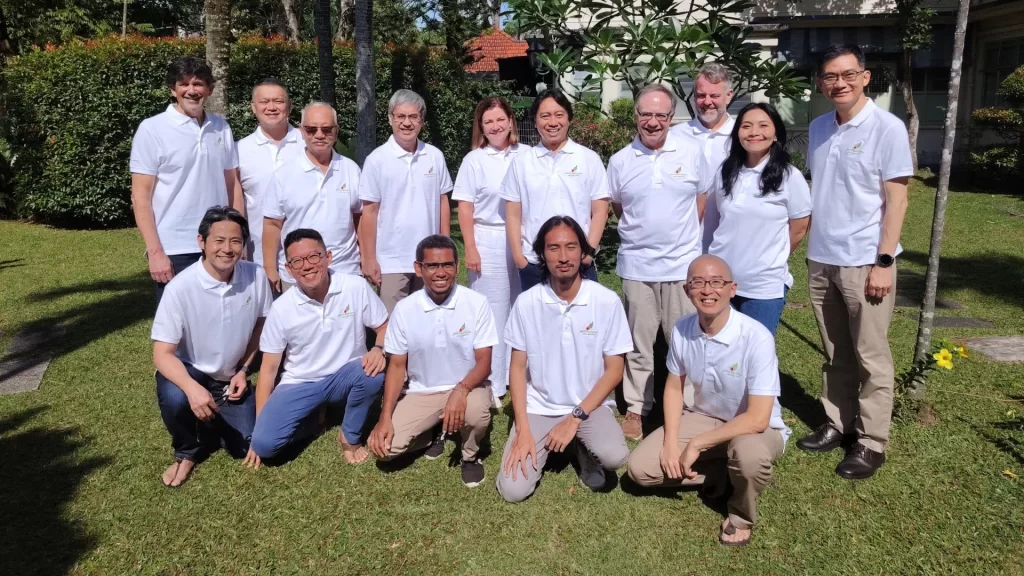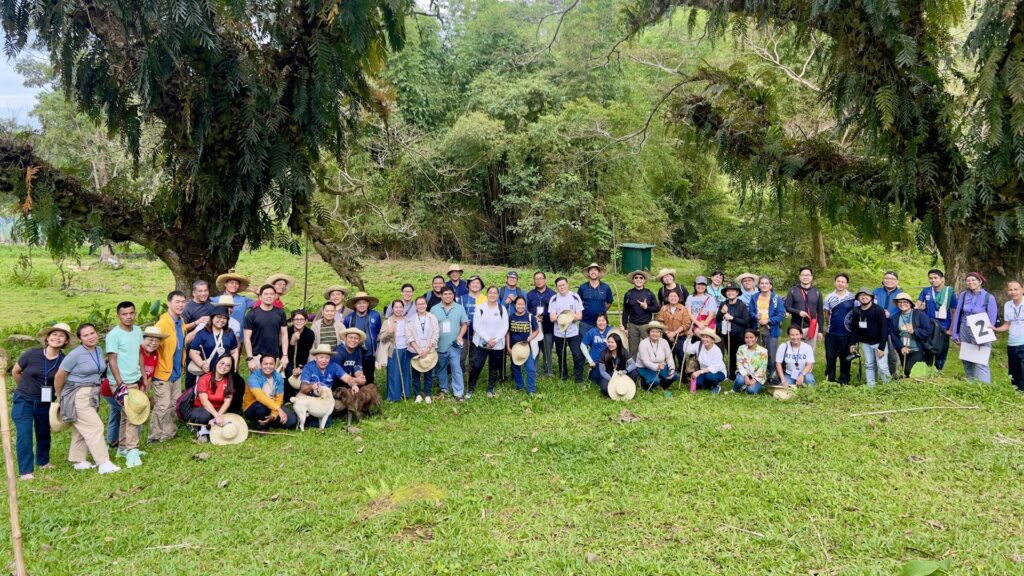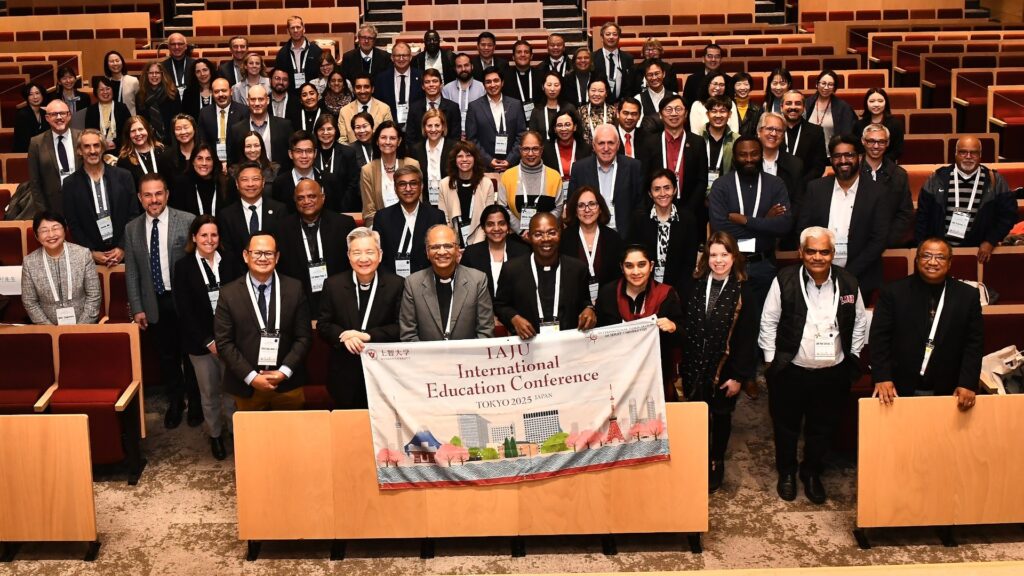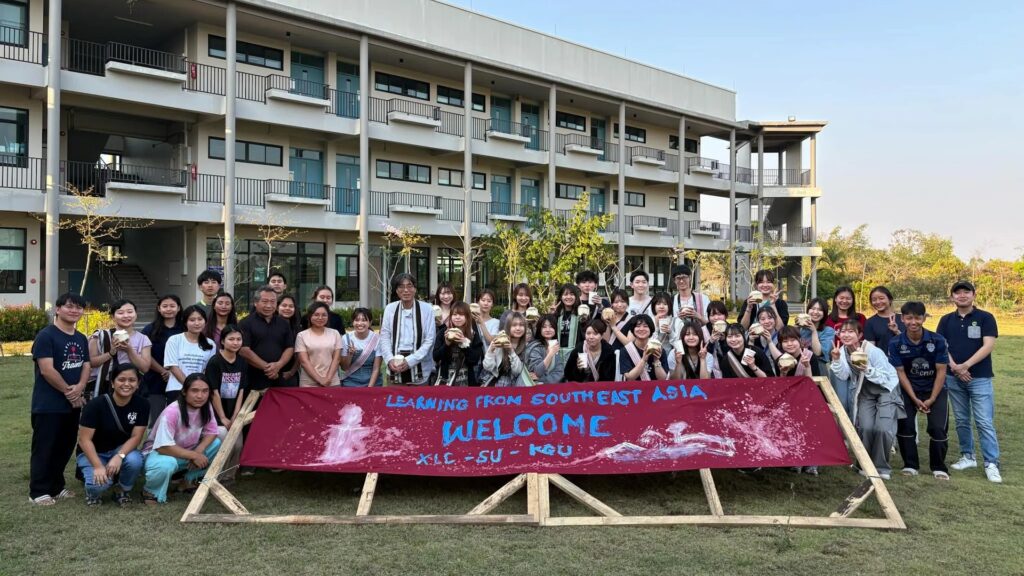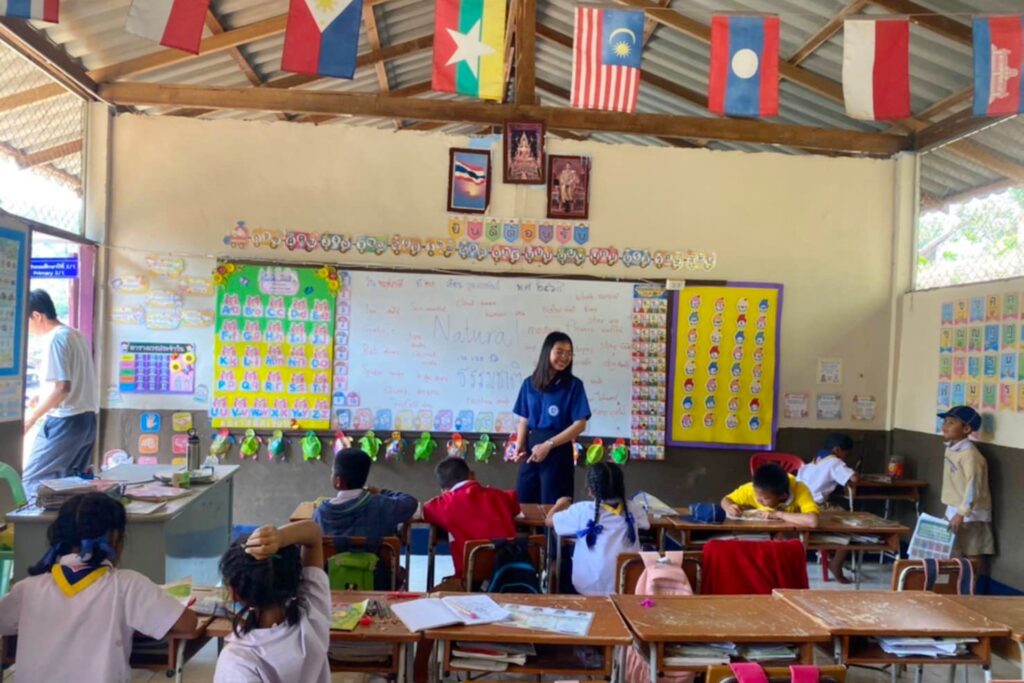It was a hot day but that did not bother the group of men who were setting up a tarpaulin tent. Along the sides, some women were cooking lunch over an open fire for their husbands. “Tomorrow is the last day of school. The kids will have their report delivered and then a long break until February,” said Klemens, the head of the community here. In the past year, the children had learned how to read, write and do simple mathematics in the makeshift wooden building they call school, located in the middle of an oil palm plantation in Sandakan, Sabah, Malaysia.
This is one of two informal schools that operate in Mile 16 of Jalan Lintas Labuk area. Most of the pupils are children of migrant plantation workers from Indonesia with a handful of Filipino children. The children were born in Malaysia but they cannot attend local schools because their parents are not Malaysian citizens. Sabah is home to around three million people of whom around half a million are migrants and their families, mostly from Indonesia and the Philippines.
Fr Benny Juliawan SJ, Jesuit Conference of Asia Pacific Coordinator of Social Apostolates, and Fr Andre Sugijopranoto SJ, former director of Jesuit Refugee Service Asia Pacific, visited Sandakan from December 7 to 14 to follow up on the meeting of Indonesian and Malaysian dioceses in October. The dioceses in the two countries send, host and temporarily shelter predominantly Catholic migrants and the overarching concern of those in the meeting is access to education for children of the migrant workers.
About 10 years ago, the Malaysian government banned children of non-citizens from attending local schools. Consequently thousands of children have no formal schooling, an issue that has been highlighted by a number of humanitarian organisations. The Catholic Church shares this concern and is looking into ways to help them.

In Sandakan, there was really nothing until three Good Shepherd sisters took the initiative to start an informal school two years ago. At first the “school” used one of the buildings in the St Mark’s Church compound in Mile 12. Before long it became clear that this was too far for the kids and too exposed. Most of these kids do not have proper documents and so are vulnerable to raids or harassment by the authorities. The sisters decided to divide the “school” in two and moved the two “schools” into the plantations, away from the main road in the Mile 9 and Mile 16 areas. The teaching staff comprises of one permanent staff, who is a Sabahan teacher; and two teenage girls, an Indonesian and a Filipino, who are paid volunteers. They visit the two “schools”, which now boast around 40 students, alternately. The “schools” are called Community Learning Programme or CLP.
“We are lucky that the plantation owner allows us to use one of the cabins here for the kids,” said Sister Lidwina RGS. She had tried to get some other plantation owners to do the same, but they had refused.
Despite the obvious limitations, these schools are not all play and no learning. Kardi, a migrant worker from Bajau, Mindanao in the Philippines, is grateful. “Initially I had sent my daughter to tuition in the city but after three months she still could not read. Here, she is doing really well.” Parents only pay RM 10 (US$ 3) per month for the CLPs while a typical private tuition school costs RM 40 (US$ 12) per subject.

“Indonesia is not really part of their reality. Their parents occasionally tell them about their home village in Flores island which they have never visited. For these children playing and enjoying innocence are perhaps the only meaningful life here and now in a Sabahan plantation. The future is a distant luxury they cannot afford,” said Fr Juliawan.

